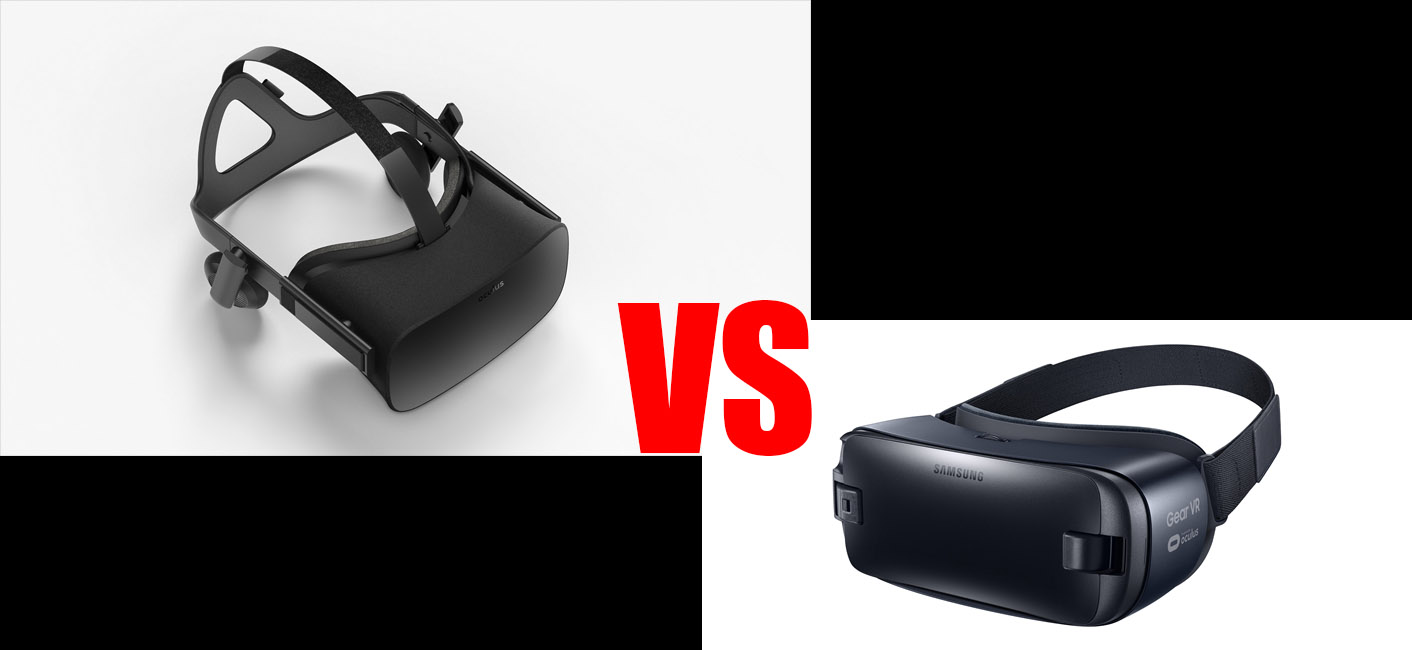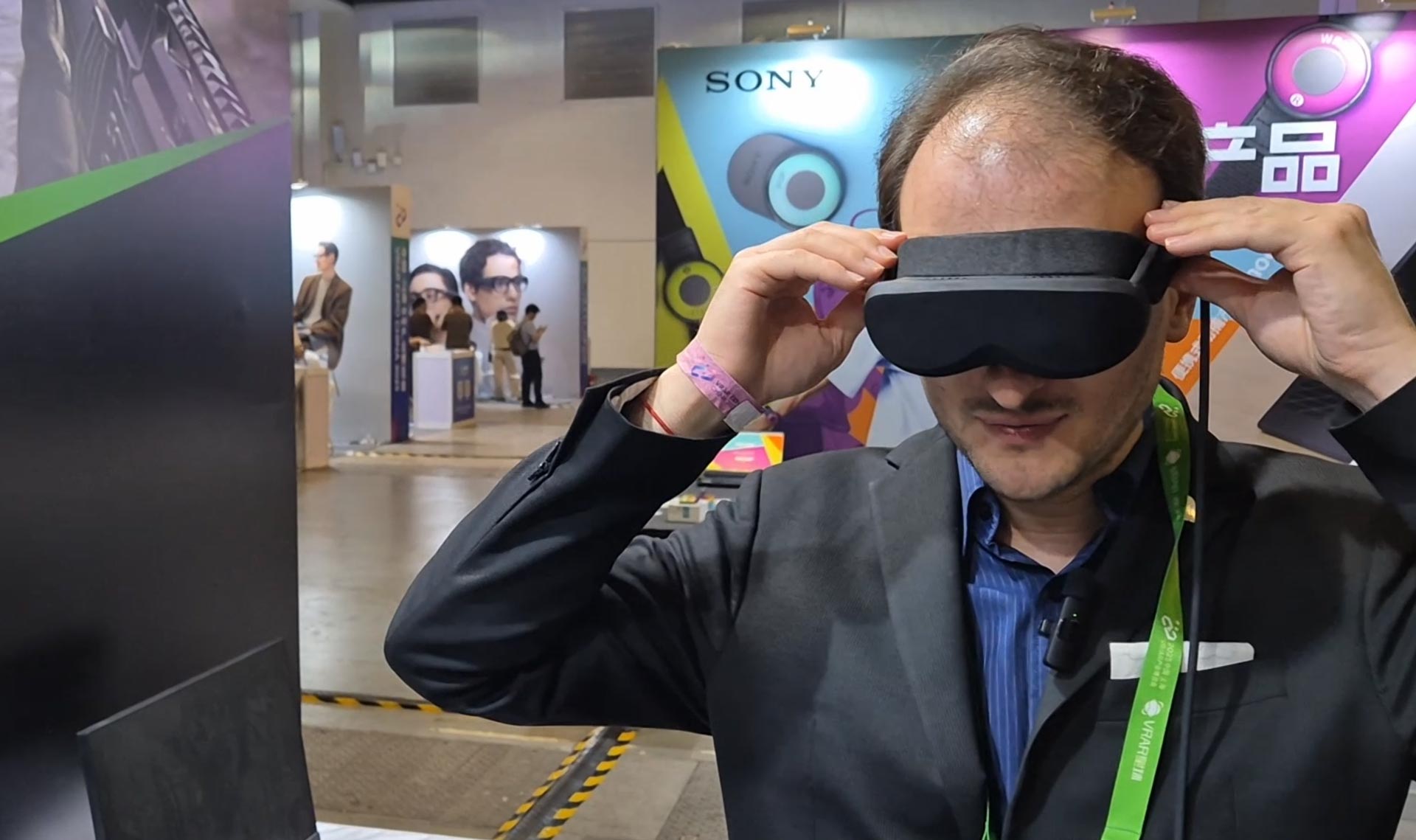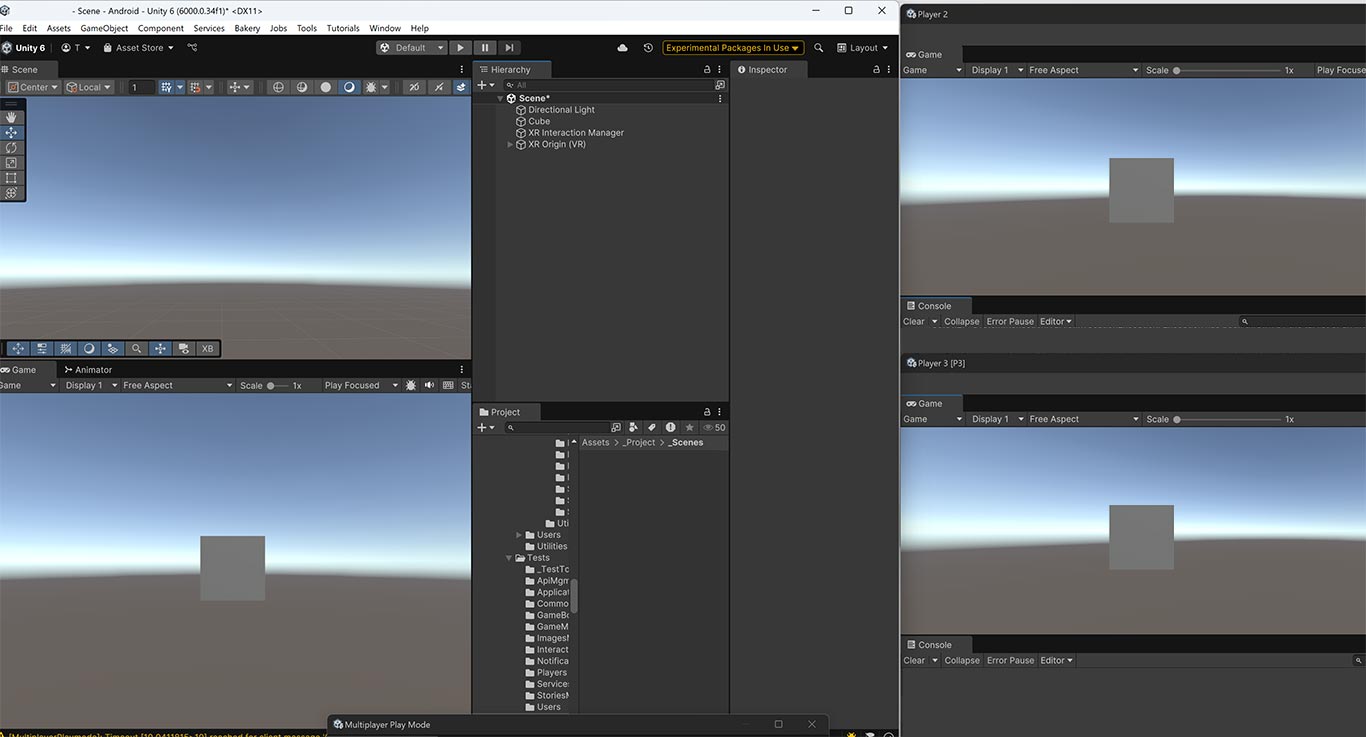Oculus Rift vs GearVR
After having talked you about the headset you should buy and having made a detailed comparison of GearVR vs Cardboard, today I want to highlight the difference between Oculus Rift and Samsung GearVR.
Both headsets are high-end ones and both are produced with Oculus technologies. The key difference is that the first one is a high-end tethered headset, while the second one is a high-end mobile headset. That is, the first one has to be connected to a VR-ready PC (through HDMI and USB port), while the second one is a piece of plastic that works when you put your Samsung phone inside it.
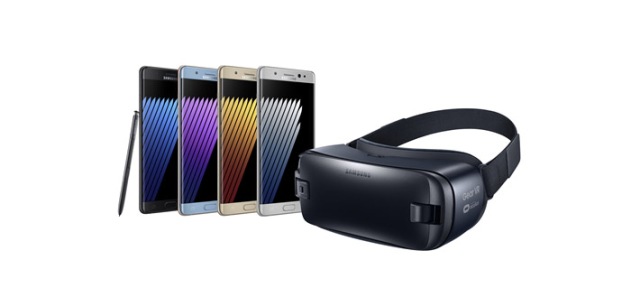
This means that GearVR is better because:
- GearVR is wire-free: if you have tried virtual reality, you know that the cable is really a nuisance. It makes you feel like you’re a prisoner of the PC you’re connected to. You can’t feel really free, you can’t feel really there, you can’t feel really safe, because you know that there is this cable you can stumble on. When I tried GearVR for the first time I felt freedom. I was free to move wherever I wanted, wow! Even when we try GearVR with our ImmotionRoom solution, it’s really better, it’s a big step towards true presence, because in the real world we don’t have a wire sticking us somewhere (unless you’ve been kidnapped, but that’s another story :D)
- GearVR is standalone: that is, it’s all included in the headset: the optics, the processing units, it’s all in a single and portable headset. This means that you can carry it wherever you want, very easily. You can put it in a backpack and then enjoy VR on a plane; you can take it to a pub and show your latest VR work to your friends. It’s another level of freedom: freedom to have VR wherever you want it. You can’t take a Rift CV1 + VR ready PC on a plane… I think that some anti-terrorism patrol would kill you 😀
- GearVR costs less: a GearVR setup costs 800-1000$ (depending on how much you pay for the phone and the headset, which often is free), while Oculus Rift setup costs 1500$ (even if they lowered the specs, I won’t buy a non-powerful PC to experience it). That is, GearVR costs half of Oculus!
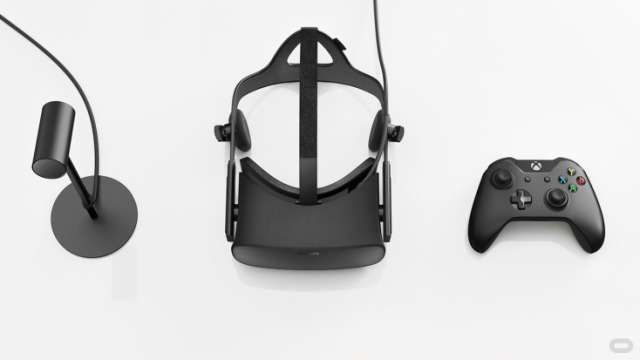
…but Oculus Rift is better because:
- It has far more processing power: that is, graphical awesomeness, more realistic environments, explosions always MOAR EXPLOSIONS! You’re connected to a super powerful PC (I have a GTX-1080, baby) and this means that you can show true virtual reality. With GearVR you have only the power of a smartphone… and this means limited polygon count, limited FPS. You know, I’m a developer and when I try to develop a demo for GearVR using Unity, it’s a true pain to reach the target 60FPS: you have to make lots of compromises on poly count and shaders (and on the number of explosions in the game) and so the resulting game is always something good, but often not so immersive.
- It has more features: positional tracking (and room-scale now), adequate VR controllers (Touch), more resolution, more FPS, more FOV (Field of View). That is, it offers more presence, it offers you the ability to feel really there in the virtual world. With GearVR, this is not possible.
- It’s easier to develop with: you are on a PC, so you have not to deploy on your mobile device every time you have to try some new features (and that’s a great advantage for a developer, trust me).
Summarizing, choosing between GearVR and Oculus is like choosing between freedom and presence. Choose your poison wisely. Depending on your particular case, one can be better than the other.
You may have a final question: so, why don’t we make a wireless super-powerful headset that has the advantages of both? Well, headset producers have had the same idea and that’s why companies like Intel, Amd or Oculus are experimenting with powerful standalone headsets that should be the future of virtual reality. Honestly I think that these devices will need time to be perfect: first version I guess would be expensive and with performances similar to GearVR, but in the long run they will be the future of virtual reality (along with VR streamed from/to a PC).
What’s your opinion about this two headsets? Let me know in the comments or on twitter!
Disclaimer: this blog contains advertisement and affiliate links to sustain itself. If you click on an affiliate link, I'll be very happy because I'll earn a small commission on your purchase. You can find my boring full disclosure here.

